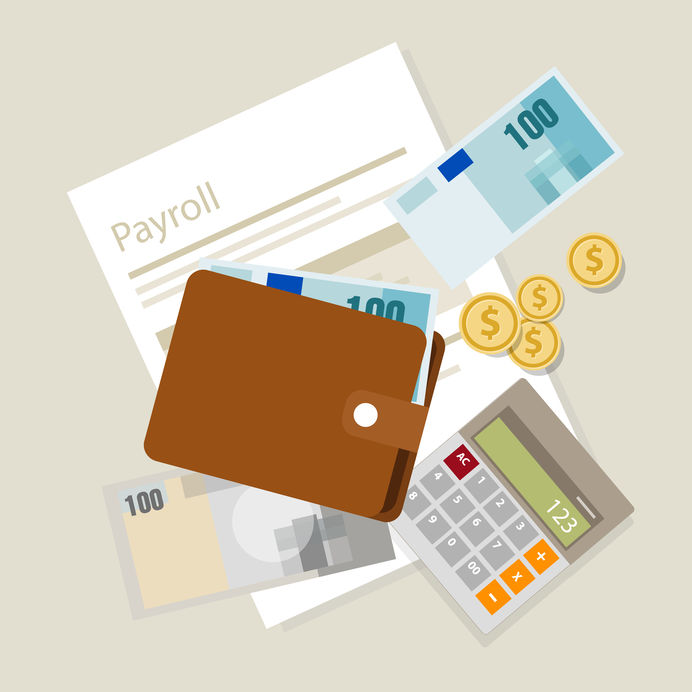Thanks to the help of the U.S Small Business Administration, the Paycheck Protection Program “PPP” allows small businesses to remain afloat during COVID-19 and keep their employees on the payroll. Hopefully, you were able to apply and properly file for the loan before the SBA announced early Thursday morning that the funds have now been exhausted. For those businesses who did have a chance to file, those funds should be deposited into your bank account in a matter of days. If you didn’t file, not to worry, negotiations are underway to possibly replenish the funding to give more small businesses this opportunity. Keep in mind whether you have filed or not, these are important pointers to all small businesses.
The most significant aspect of this loan is that it is completely forgivable so long as the funds are used for at least 75% of payroll costs. The loan may also be used for mortgage, rent, and utilities for the business. Accounting for how the funds are used is a key component to ensure your loan will be forgiven. Here’s how to make sure you’re able to take advantage of full forgiveness and not fall through the cracks of being ineligible.
Keep Track of your Accounting
This is necessary and every small business should maintain an organized system to document all of its accountings. Bookkeeping ensures that all numbers are accounted for, while demonstrating where each and every penny from your business comes and goes. This is especially important for businesses that now have a PPP loan because at the end of the term your business will have to provide documentation of your accounts to exhibit how the loan funds were allocated during that period of time. Whether they were used for payroll costs and other business expenses will need to be clearly displayed on paper. Failure to properly account for the borrowed funds may result in having to pay back the loan in full.
Receive Guidance from a CPA
It never hurts to have a professional look over your bookkeeping and filings. Accordingly, a CPA will make sure you make no mistakes. The guidelines of the PPP loan leave no room for error, and a small mistake or wrong decision can cost you your forgiveness benefit. So, it’s important to keep in mind all standards that have been set out for the loan and ensure your CPA helps and guides you throughout the whole process.
Payroll Services
Payroll service providers are a useful tool for many small businesses, in fact, around 40% of small businesses across the country use them. Payroll services play a huge roll in processing and computing an employees’ pay, not to mention they also help the business prepare its payroll tax returns. Getting a payroll service will help tremendously when applying for a PPP loan; it allows you to retrieve a spreadsheet that calculates the appropriate numbers to support the basis for your loan. Accordingly, it’s a huge lifesaver when it comes time to prove that at least 75% of the loan was used toward payroll. All that information will be documented and accessible when you need it, in just a few clicks!
Payroll costs may also be applied to those who are self-employed as well. Any salary that is below $100,000 is covered under the PPP loan; this means that if you are a self-employed business owner and pay yourself a salary of less than $100,000, your compensation can also be applied to the 75% payroll requirement of the loan.
Stay Organized and Maintain Paper Trails
Don’t ever let your files go unorganized and maintain a system of order. Alphabetize documents or create an arrangement that works best for you and your business. More importantly, keep all documents separate from each other. For example, don’t file or organize your company’s financial statements with something like employee records. Documents have a tendency to get lost easily or misplaced when all the files are sorted amongst each other. Keep track of all payments, whether incoming or outgoing, sort appropriate pay stubs with employees and any other associated costs such as health insurance and benefits. Record keeping every detail of your business always, but especially during the loan period, will not only save you time but will ensure the funds were allocated properly and pursuant to the guidelines of the PPP loan.
Keep your PPP loan in a Separate Bank Account
This helps manage your funds more effectively by clearly displaying each and every individual transaction. You’ll have the ability to precisely track the money at all times. This way, you won’t ever find yourself entangled in a situation where you can’t trace how the loan funds were being used.








